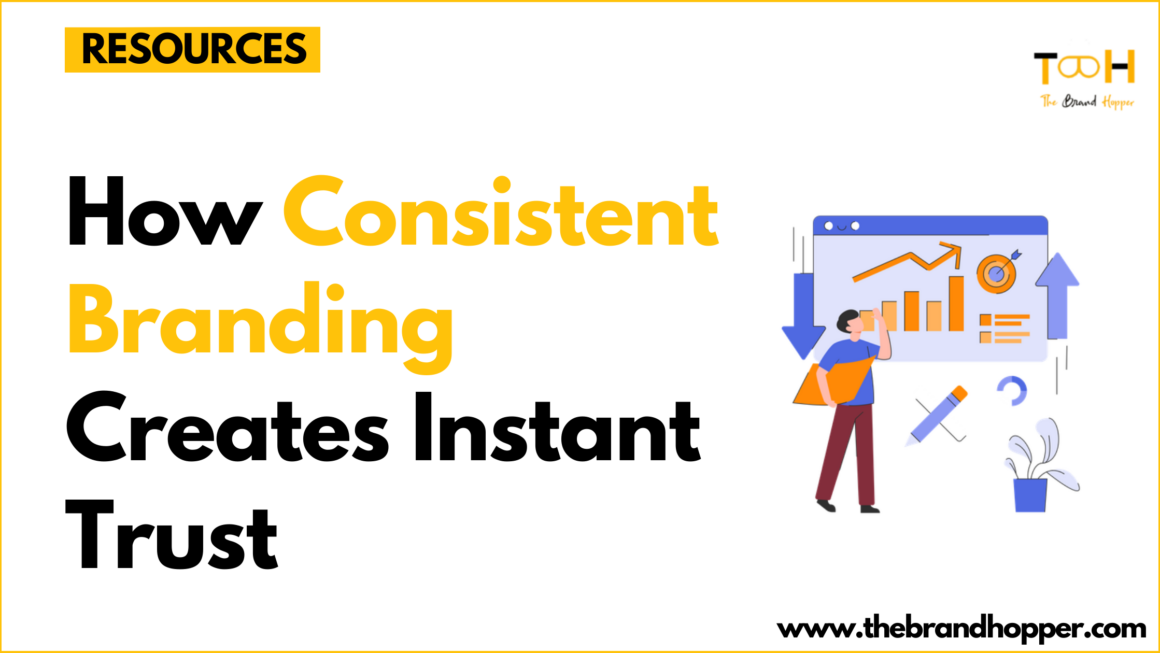Asset finance can provide valuable support for acquiring necessary equipment, vehicles, or machinery without a massive upfront investment, but each lender offers unique terms, rates, and conditions.
By understanding the key factors to consider, you can make an informed decision that best supports your business growth. This guide outlines crucial questions to ask potential asset finance lenders before committing to any agreement.
Interest Rates and Fees: What are the Total Costs Involved?
Interest rates can vary significantly between lenders, affecting the overall expense of financing your assets. It’s essential to ask whether the rates are fixed or variable, as this impacts how your payments might change over time.
Additionally, inquire about any extra fees, such as arrangement fees, administrative charges, or early repayment penalties, as these can add to the cost. Some lenders might also have hidden charges that aren’t immediately apparent, so be clear on all potential expenses.
By knowing the full breakdown of costs, you can compare offers and choose a financing option that fits your budget, ensuring your business remains financially stable while investing in essential assets.
What Repayment Terms are Available?
Understanding the repayment terms offered by potential asset finance lenders is key to managing your business’s cash flow. Repayment terms can vary widely, from short-term options to agreements spanning several years, so it’s important to ask what choices are available.
You’ll want to know if payments are made monthly, quarterly, or on a schedule that works best for your business’s revenue cycle. Also, inquire about any flexibility with payments, such as options to extend terms if needed or to pay off the loan early without penalties.
Knowing the repayment terms can help you anticipate monthly obligations and plan your finances accordingly, ensuring that the financing arrangement supports your growth rather than straining your budget. Clear terms will give you confidence that the loan aligns with your business needs.
Are There Any Early Repayment Penalties?
Before finalizing an asset finance agreement, it’s essential to understand if there are any penalties for early repayment. Early repayment penalties can be a surprise expense if your business decides to pay off the loan ahead of schedule.
Some lenders charge these fees to offset the interest they would lose, while others may offer more flexibility. Be sure to ask if early repayment penalties apply, how much they would cost, and if there are any conditions under which they could be waived.
Knowing this information helps you plan better, especially if you anticipate strong cash flow or future opportunities to settle the debt sooner. By understanding these terms, you can avoid unexpected costs and choose a lender who offers flexibility that aligns with your business’s financial goals.
What Types of Assets Are Eligible for Financing?
Different lenders may have specific guidelines on eligible assets, depending on their policies and risk tolerance. Commonly financed assets include vehicles, machinery, IT equipment, and specialized tools required for various industries.
However, some lenders might also cover less traditional assets, like software or intellectual property, while others focus only on physical items with high resale value. It’s wise to ask whether your business’s particular assets qualify and if there are restrictions based on asset age, condition, or purpose.
Understanding eligibility criteria helps ensure you’re partnering with a lender who can support your needs, allowing your business to acquire the right tools without stretching your upfront capital.
How is the Value of the Asset Determined?
It’s important to understand how invoice finance lenders determine the value of the asset you’re financing. Lenders typically assess the asset’s market value, condition, and potential resale value to decide the loan amount. They may also consider factors like the asset’s age, usage, and brand reputation, especially for equipment and vehicles.
Some lenders rely on independent appraisers, while others may have internal valuation guidelines. Ask if they include depreciation in their calculations, as this could affect the loan amount and repayment terms. It’s also wise to confirm if the asset’s value will be reassessed over time, as this might impact loan terms.
By understanding the valuation process, you can make informed decisions, ensuring the asset finance arrangement meets your business needs without overextending your finances.
Is there Flexibility to Upgrade or Exchange Assets During the Term?
Business needs can change over time, and you may find that newer technology or equipment would better serve your operations. Some lenders allow businesses to upgrade or swap assets as part of their agreement, but this flexibility may come with conditions or additional fees.
Ask if there are any restrictions on the type or timing of upgrades, and whether such changes would affect your repayment terms. Knowing this in advance can help you plan for potential growth without being tied down by outdated equipment.
Choosing a lender who offers flexibility with assets can give your business the agility it needs to adapt and stay competitive as your industry evolves.
What are the Lender’s Credit Requirements?
Different lenders have varying criteria for assessing a business’s creditworthiness, and these requirements can impact your eligibility for financing. Some lenders may look at your business’s credit score, financial history, and cash flow, while others focus on the value and stability of the asset itself.
If your business has a limited credit history, ask if the lender has alternative qualification options or if they consider additional factors, like revenue trends or years in operation. It’s also useful to know if personal guarantees or additional collateral are required, as this can affect your level of financial risk.
How Does the Application and Approval Process Work?
Some invoice finance lenders may have quick, streamlined processes, while others might require extensive documentation and time for review. Ask about the specific steps involved, from initial application to final approval, and what information or paperwork you’ll need to provide.
It’s also useful to know how long the process typically takes, especially if you need financing quickly to seize a business opportunity. Additionally, inquire about any fees associated with the application, as some lenders may charge for processing or background checks.
Understanding the application process can help you prepare in advance and choose a lender whose timelines and requirements align with your business’s needs for timely access to financing.
What Happens If the Business Faces Financial Difficulties During the Loan Term?
Economic challenges or unforeseen events can impact cash flow, making it harder to meet repayment obligations. Some lenders offer hardship provisions, such as temporary payment reductions, deferrals, or restructuring of loan terms to help businesses stay afloat. At the same time, building an emergency fund while managing debt can help provide a financial buffer, reducing the need to rely on such measures during unexpected challenges.
Ask if they provide any flexibility in times of financial strain and if there are fees associated with adjustments to your payment plan. Understanding how a lender handles such situations can provide peace of mind, knowing there’s support if financial conditions change.
Choosing a lender with a clear, supportive approach to financial difficulties ensures your business can maintain stability, even in challenging times, without risking essential assets or damaging credit.
Conclusion
Each lender may have unique terms, fees, and flexibility, so it’s essential to be thorough in your discussions. By understanding interest rates, repayment terms, asset eligibility, and support during financial challenges, you’ll be better equipped to make an informed choice.
Taking the time to evaluate your options ensures you’ll secure financing that supports your business growth and stability. With the right lender, you can confidently invest in assets that drive your business forward.
To read more content like this, explore The Brand Hopper
Subscribe to our newsletter




